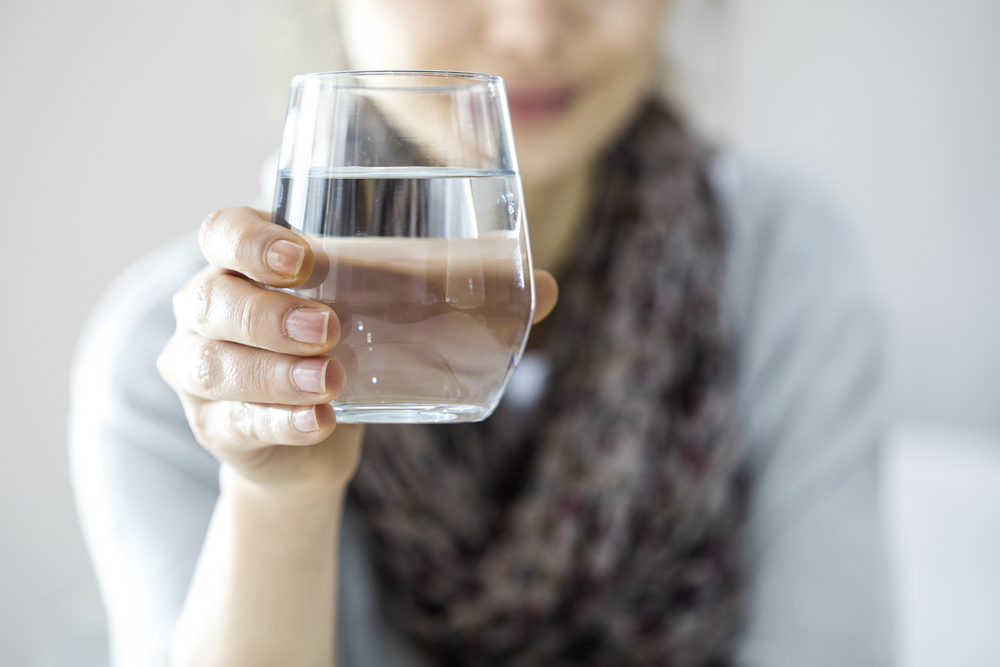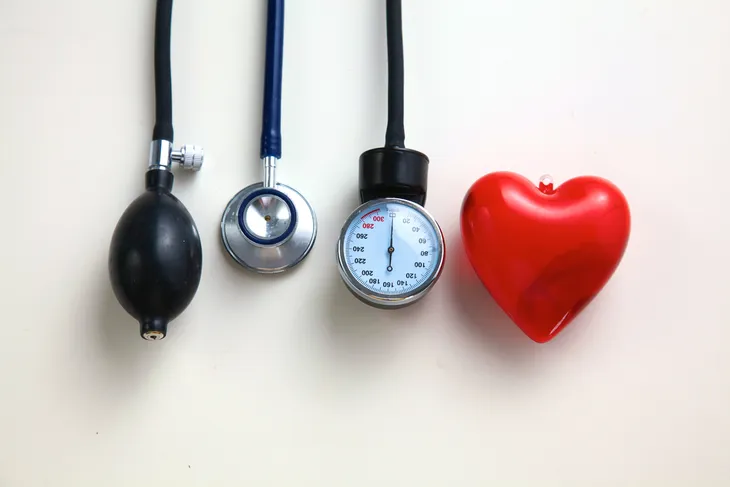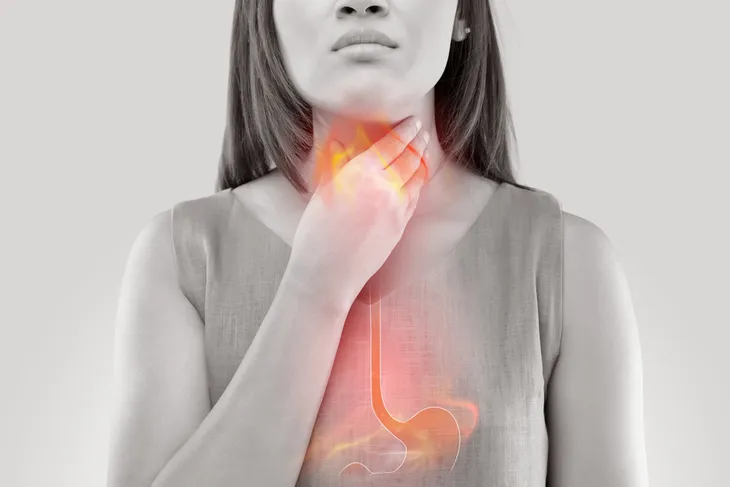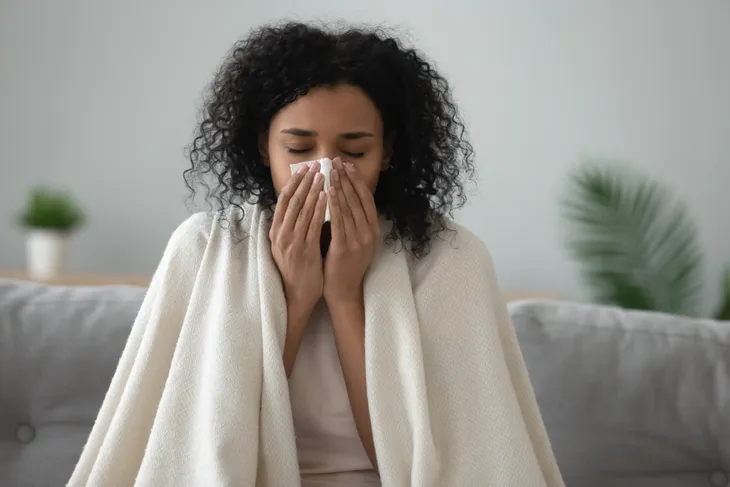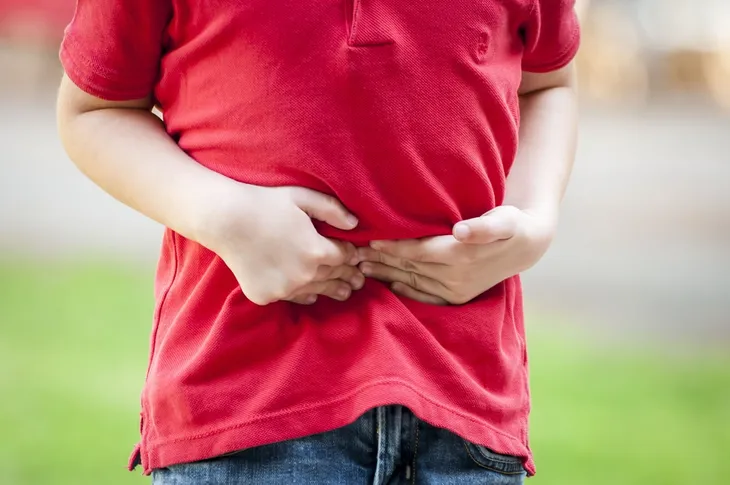Do you drink enough water? The human body needs water every day to survive. Your health relies on your fluid intake in several ways. Other than basic benefits such as nice skin and hair, it’s become more evident that H2O can help prevent various illnesses and diseases. Therefore, it’s crucial to put greater emphasis on hydration.
From seasonal allergies to heart disease, water can be a miracle worker. Here’s a look at 10 ailments that regular water consumption aids…
Osteoporosis
As you age, your bones may break down. This issue causes bones to be more fragile than before. If you have severe osteoporosis, you may hurt yourself when you bump into a table or wall. There are various reasons why osteoporosis can happen. In some cases, your gender or race can play a role. It’s impossible to cure this condition, but you can take preventative steps.
If you want to prevent osteoporosis, you should get enough calcium and vitamin D. It’s also important to drink water. Choose tap water over bottled or sparkling water so you can enjoy its mineral content, which is helpful for your bones. While sparkling water won’t harm your bones, it’s generally best to choose regular water when available. Those with osteoporosis often feel better when they’re hydrated, too.
Hypertension
Hypertension (also known as high blood pressure) occurs when your blood pressure exceeds 140/90. This condition causes blood to push against artery walls with excessive force. When left untreated, patients can experience heart disease and other related ailments. Your family history or eating habits can lead to this condition. A few lifestyle changes can help you prevent and treat hypertension.
You should note that dehydration may cause hypertension for a few reasons. When you don’t consume enough fluids, your sodium levels rise. This process causes a hormone called vasopressin to react, which signals your kidneys to reuse water. As a result, your blood vessels constrict more intensely. Drinking adequate water can keep your body regulated.
Bladder Infections
You can avoid various bladder infections when you drink enough fluids. From bladder cancer to kidney stones, dehydration can cause your body to cope with these issues through harmful methods. If your body doesn’t have much water to expel, it’s a lot harder to push out harmful bacteria and toxins. This situation leads to a higher risk of bladder-related problems.
Aim to drink five glasses or more each day. This way, your body will ingest as much water as needed to create a healthy cycle. You can also drink tea and eat soup. As long as you don’t regularly choose harmful drinks like soda, you can enjoy other fluids to stay hydrated, too. If you suffer from a urinary tract infection, it’s essential to speak with your doctor about treatment. Too much water can damage your body.
If you notice that your bladder problems persist despite regular water intake, it’s best to speak with your doctor. There may be an underlying condition at play.
Heartburn
Have you ever eaten a large meal only to feel chest or throat pain afterward? This issue creates acid reflux. Your stomach contents push up into your esophagus until you feel a burning sensation. You can experience heartburn due to different factors, like spicy food or certain alcohols. You may experience a more serious condition called gastroesophageal reflux disease (GERD) if your symptoms happen more than twice per week.
When you drink water, you keep your stomach acid at bay. It’s smart to drink a glass after you eat so your body can digest your food properly, as well. Setting a goal to stay hydrated will keep your body prepared to fight against heartburn. Start and finish your meal with a glass of water to avoid heartburn. A cup of chamomile tea may help you through this issue, too.
Seasonal Allergies
Your seasonal allergies cause a runny nose, itchy eyes and sore throat. These symptoms serve as your body’s response to triggers like pollen and grass. It’s vital to note that you’re not born with allergies. Your immune system identifies them as time progresses. Therefore, you can develop allergies at any point. But you can grow out of them, as well.
There are a few ways to combat seasonal allergies. People like to take over-the-counter medications to subdue their symptoms. Medical procedures may alleviate an acute reaction to specific allergens. It’s also crucial to drink more water than usual. This extra fluid can increase sinus drainage and mucus thinning. Those with asthma should drink more water to alleviate symptoms.
Here’s a smart way to remember to drink water for allergies. When you take your allergy medicine, you can drink another glass of water. That’s four glasses every day if you take yours twelve hours apart. Then, your additional water intake will occur whenever you’re thirsty — it’s that easy to stay hydrated.
Arthritis
Arthritis causes your joints to become inflamed. As a result, you feel painfully stiff and sore throughout your body. It becomes difficult to perform certain activities. Many feel worse as they age. It’s most common for arthritis to happen due to cartilage breakdown. However, you can trace your arthritis back to other causes — there are various types of this condition, as well.
You’ll find that water can “grease” your bones and joints so they can function properly. Plus, you flush out inflammatory toxins when you consume fluids. The amount you drink will make a difference, so it’s essential to meet your goal of five or more glasses per day. While water won’t cure your arthritis, it’ll help your body’s fight against painful symptoms.
Cold and Flu
It’s never fun when you have the flu or a cold. These infections infiltrate your upper respiratory tract or your nose and throat. As a result, you feel achy and stuffy. You’ll also suffer from a runny nose, itchy throat and overall congestion. It’s common to recover within one or two weeks. Aside from over-the-counter medicines to lessen symptoms, it’s generally impossible to cure the flu or a cold.
You lose various fluids when you’re sick — thick mucus, saliva and more. If you replenish your system, your body can fight illnesses more quickly. You’ll likely feel better too. A hydrated body deals with symptoms more quickly than a dehydrated one. Aside from water, you can consume soup, tea and other fluids when you’re sick. However, you shouldn’t drink too much water because you can develop hyponatremia. (Here are some Simple Home Remedies for Cold and Flu).
Constipation
This condition affects many Americans every day. You’re considered constipated if you have less than three stools per week. Your bowel movements become dry and hard since your colon has too much time to absorb excess water. You can trace constipation back to many causes. It may be due to your diet or medication, but you can also have constipation when you’re dehydrated.
There are several natural remedies for constipation. Aside from coffee and prunes, you should drink more water. This effort will help your stool remain soft enough to pass through your digestive system. You can increase your water intake while you’re constipated to return to a regular schedule. That said, you should continue those efforts to maintain a healthy balance.
Heart Disease
The term “heart disease” covers many heart-related conditions. These ailments include coronary artery disease, congenital heart defects and more. A cardiovascular issue often involves blocked or damaged blood vessels that may cause a stroke or another health event. You may also experience hypertension alongside your heart concerns. Therefore, water may be a viable treatment.
You may need special medical attention to deal with your heart disease. That said, you could possibly prevent these problems if you drink enough water. At least five glasses or more per day could reduce your risk. That’s because dehydration increases heart disease risk factors like whole blood viscosity. Plus, you could lose extra weight and decrease sodium levels to help your heart further.
Insomnia
What do you do when you can’t sleep? There are millions worldwide who suffer from insomnia. This condition happens thanks to stress, trauma, anxiety and various mental health issues. You may also experience insomnia if you have an irregular sleep schedule or consume certain substances like alcohol. As a result, you’re likely awake for hours before you can fall asleep.
But dehydration can be an issue, too. Vasopressin releases at a particular stage while you sleep, and it controls your body’s osmotic levels. If you’re awake before that happens, it’ll affect your hydration. Those who consume enough fluids throughout the day tend to sleep better as a result. You can keep a glass of water by your bedside to remind you to drink.
